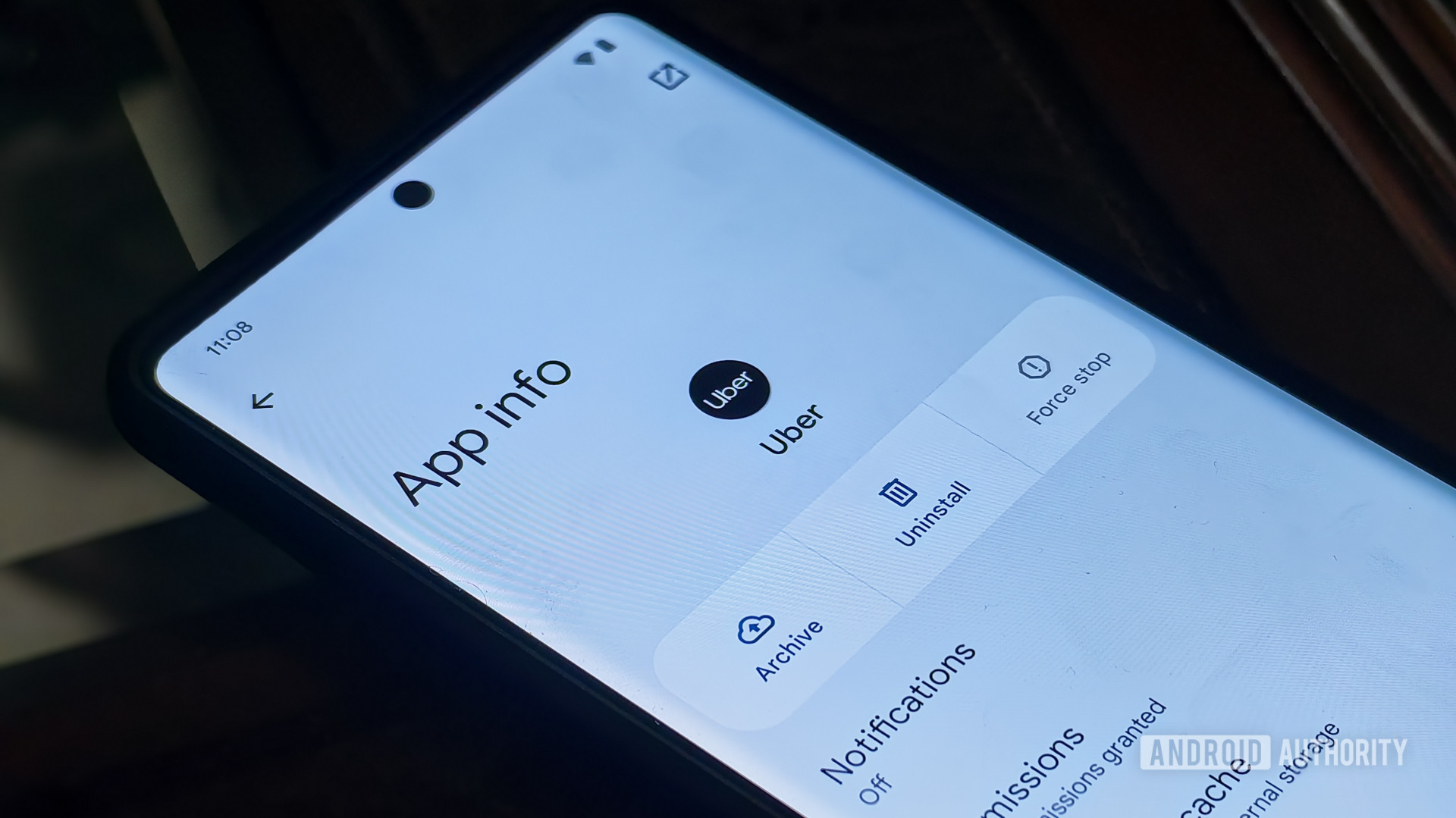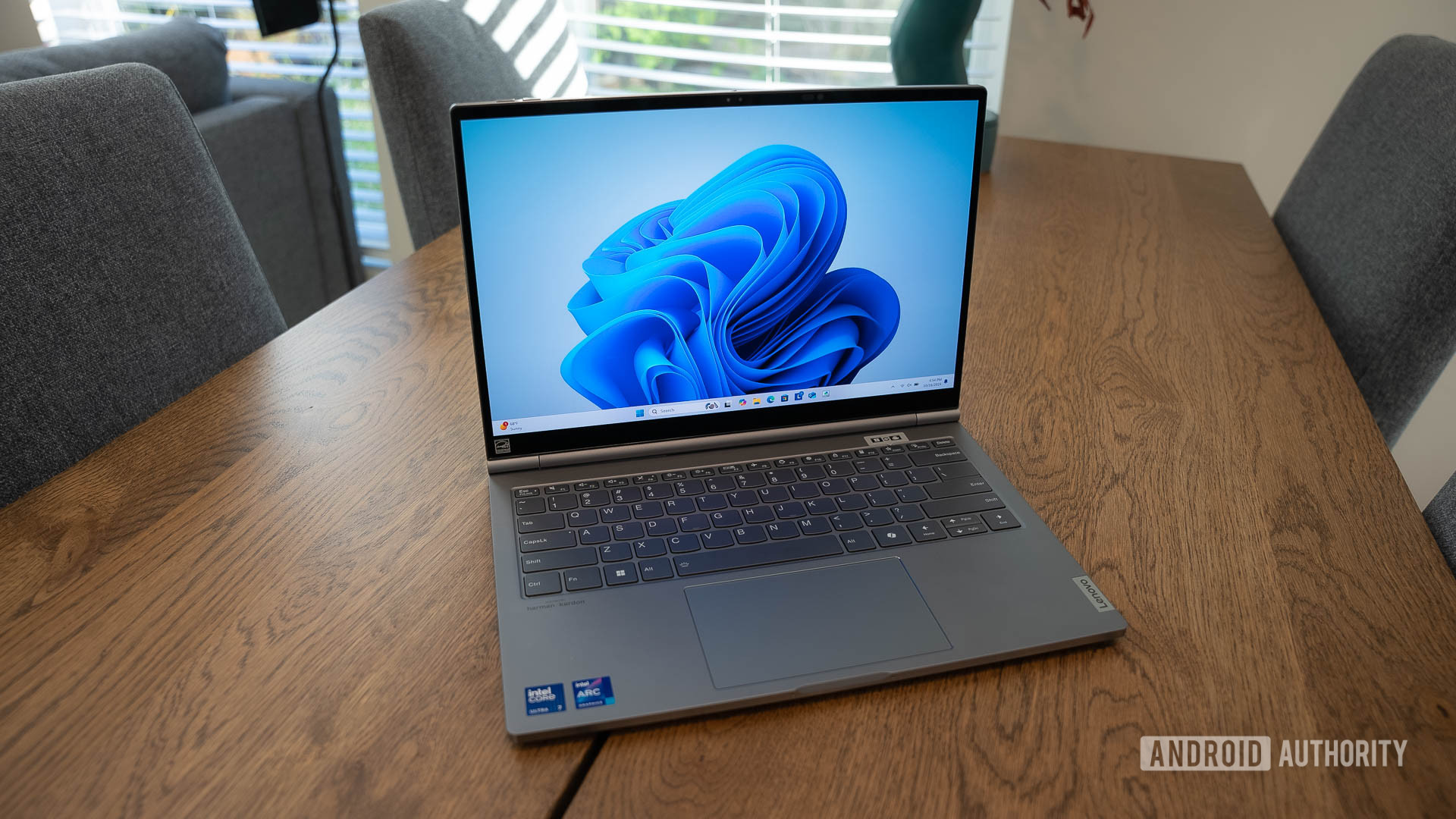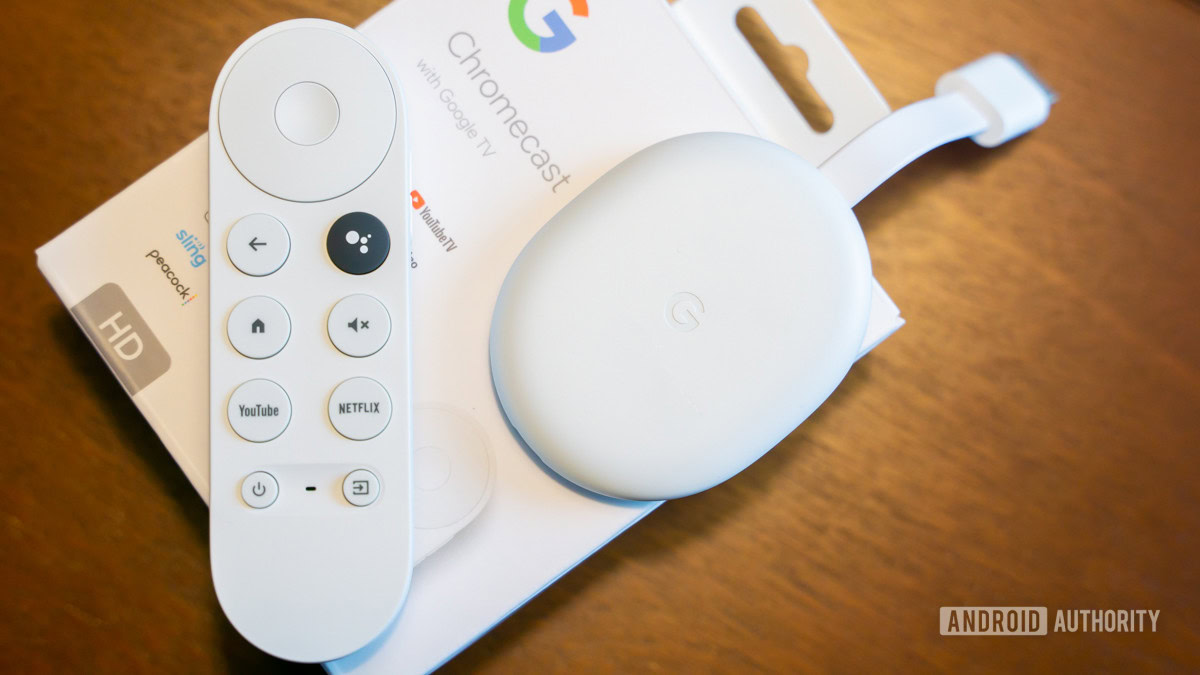Rita El Khoury / Android Authority
128GB of storage is barely forgivable these days on a high-end flagship, but Google keeps releasing Pixel phones with that base level. The Pixel 9 series, for example, can do 8K video upscaling, save a Gemini Nano model locally for faster AI computations, and costs at least $799 while still offering you a base 128GB storage tier. That feels unfair to me.
But Android 15 has a trick up its sleeve that can help mitigate the dreaded “storage full” notification that keeps popping up on my Pixel phones. It’s called “app archiving,” and it works as a temporary band-aid to clear some storage while I figure out exactly what I need to erase from my phone.
How I use app archiving on Android 15

Mishaal Rahman / Android Authority
Archiving an app on Android 15 takes the app off my phone without affecting any of its data. Essentially, it hibernates the app on my Google account until I’m ready to install it again. And once I do that, the app is back with all of my data. If I was signed into an account, I would still be signed in; if I had changed any settings, they’d still be changed. This is so much better than uninstalling an app and then reinstalling it from scratch when needed.
So when my Pixel phone hits 95% storage, I just take a quick look at my apps and figure out which ones I don’t immediately need. Then, I go in and start archiving them to free up my phone’s local storage. Maybe I’m not traveling anytime soon, so my travel apps can go off my phone. Or maybe I can live without Instagram and its space-hogging app for a few days. I could sacrifice either Pocket Casts or Spotify and only use one audio app for a couple of days. Or, don’t tell my boss, but Slack can take a break for a couple of days, too.
App archiving is a real boon if you take a lot of photos and videos like I do, save some music or podcasts for offline use, and end up hitting the storage full notification all too often. Especially when that notification pops up at an inopportune time and I don’t want to think about what I should delete or not right away.
Basically, this allows me a short respite so I can keep using my phone for a bit longer and take my time later to figure out what kind of media, cache, or data I can take off permanently to reduce my storage usage. (Pro tip: What I often end up doing is going through my videos in Google Photos and hitting Delete from device to remove the largest ones from the phone but keep them in my Photos account.)
Better yet, I can do some preemptive work and set several apps to automatically archive whenever my phone’s storage runs low, so I don’t have to think about this on the spot. Here’s how everything works.
How to manually archive an app on Android 15
- Tap and hold on an app’s icon on your home screen or your app drawer.
- Tap the info icon (i inside a circle) on the top left of the pop-up.
- Choose Archive.
How to automatically archive some apps when storage is low
- On the home screen or in the app drawer, tap and hold on the icon of the app that you want to automatically archive.
- Tap the info icon (i inside a circle) on the top left of the pop-up.
- Turn on Manage app if unused.
- Repeat this for every app you want to automatically archive.
This makes sure that whenever your phone storage is near full, it will automatically go through these apps and archive them for you, so you don’t have to manually remember to do it.
How to unarchive an app on Android 15
The app icon remains in your app drawer but with a cloud download overlay. Just tap that, and the app will restore to its previous state.
Don’t have Android 15? There’s still a way to archive apps
If you haven’t received Android 15 on your Pixel or if you don’t have a Pixel, then there’s still a way to use app archiving. The fact is that this is more of a Google Play Store feature than an Android feature and has been available through the Play Store for a while. However, you don’t have granular control there; it’s an all-or-nothing affair and you trust Google to choose your least used apps to automatically archive them when your storage runs low.
- Open the Google Play Store.
- Tap your account avatar on the top right.
- Go to Settings.
- Tap General.
- Turn on Automatically archive apps.
To see which apps have been archived, you can do this:
- Tap your account avatar on the top right in the Play Store.
- Go to Manage apps & device.
- Tap the second Manage tab.
- Scroll through the selection chips to reveal Archived.







 English (US) ·
English (US) ·